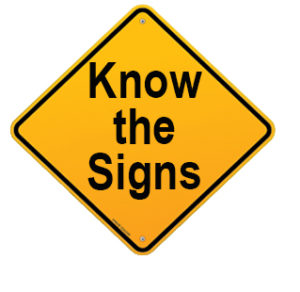
I saw you last weekend. So brave and strong. Smiling even though your heart must still be aching.You didn’t bring up his suicide, so neither did I. Was that right? I don’t know. There probably isn’t a “right” in this situation. For now I will follow your lead.
I often think of my friends who have lost loved ones and realize that I could be in their position all too easily. The pressures we face can bury us if we try to carry the burden alone. I can’t imagine trying to navigate life without God carrying me and my family and friends holding my hands. It’s all just too much.
Whenever we hear about a suicide, it’s natural to go on high alert about our own loved ones. The counselor at my school shared some risk factors for suicide that I have filed into the back of my mind. These include:
- mental illness
- substance abuse
- previous suicide attempts
- hopelessness
- access to lethal means
- recent loss of loved ones
- unemployment
- vulnerability to self-harm
Warning signs for suicide include:
- increased substance use (alcohol or drug)
- no sense of purpose in life
- anxiety or agitation
- unable to sleep or sleeping all of the time
- feeling trapped
- withdrawal from friends, family, and society
- rage, seeking revenge
- acting reckless
None of us are to blame if someone decided to end it all, but being informed just might help us save a life. We can make a difference.

